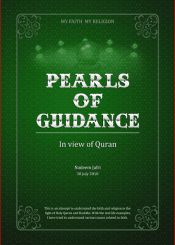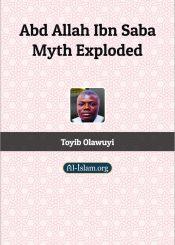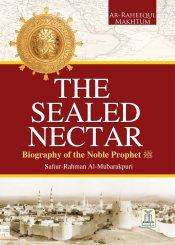A Commentary on the Quranic Verse of the Divine Authority of Imam Ali
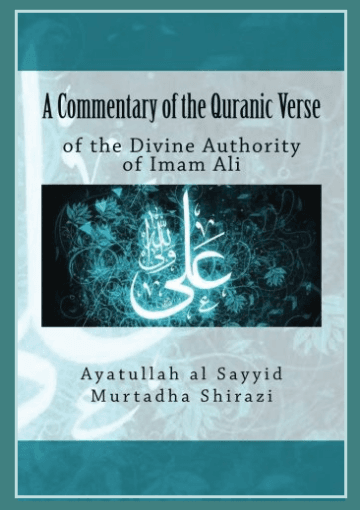
A Commentary on the Quranic Verse of the Divine Authority of Imam Ali
Author :
Interpreter :
Publisher :
Publish location :
Iran
Number of volumes :
1
Publish number :
2nd
Publication year :
2011
(0 Votes)
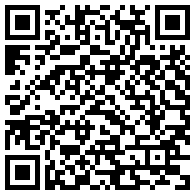
(0 Votes)
A Commentary on the Quranic Verse of the Divine Authority of Imam Ali
The Qurʾānic verse known as Āyat al-Wilāyah (Qurʾān 5:55) has long been regarded as one of the most decisive proofs for the divine appointment and authority (wilāyah) of Imam ʿAlī ibn Abī Ṭālib (ʿa). A Commentary on the Quranic Verse of the Divine Authority of Imam Ali presents a thorough exegetical study of this passage, showing how its language, historical context, and related narrations confirm the Imam’s role as the divinely guided leader after the Prophet Muhammad (peace be upon him and his Family).
About the Book A Commentary on the Quranic Verse of the Divine Authority of Imam Ali is based on scholarly analysis of Qurʾān 5:55: “Your guardian is only Allah, His Messenger, and those who believe, those who establish prayer and give alms while bowing down” (Qurʾān 5:55). Shīʿī tradition holds that this verse was revealed about Imam ʿAlī (ʿa), who gave his ring to a beggar while in the state of rukūʿ (bowing). The book explores the implications of this event, the meaning of the word mawlā, and how classical exegesis—both Sunni and Shīʿī—addressed the verse. It also surveys objections raised against this interpretation and demonstrates the Shīʿī responses, situating the verse as a foundation for the doctrine of Imamate.
What You Will Discover
- The Arabic wording and linguistic nuances of Qurʾān 5:55.
- The story of Imam ʿAlī (ʿa) giving alms in rukūʿ and its centrality to the verse.
- Major hadith (prophetic tradition) reports linked to the revelation.
- Interpretations from both Sunni and Shīʿī tafsīr literature.
- The theological meaning of wilāyah (spiritual authority / guardianship).
- Classical objections and the ways Shīʿī scholars have addressed them.
- The role of this verse in establishing the legitimacy of the Imamate.
About the Author This commentary is attributed to contemporary Shīʿī scholars and compilers who have drawn upon both Sunni and Shīʿī sources. While some versions appear as translations of lectures or scholarly treatises, the English edition provides accessible commentary for modern readers. Sources include well-known works of tafsīr, such as al-Ṭabarī, as well as Shīʿī classics like al-Majlisī’s Bihār al-Anwār and al-Ṣadūq’s Kamal al-Dīn wa Tamām al-Niʿmah. The compilers’ goal is to combine rigorous textual study with theological clarity.
Who Is This Book For? This book is for students of Qurʾānic exegesis, researchers of Shīʿī theology, and readers seeking to understand the Qurʾānic foundations of Imamate. It will particularly benefit those exploring how one verse came to serve as a cornerstone in the doctrine of divinely guided authority in Islam.

